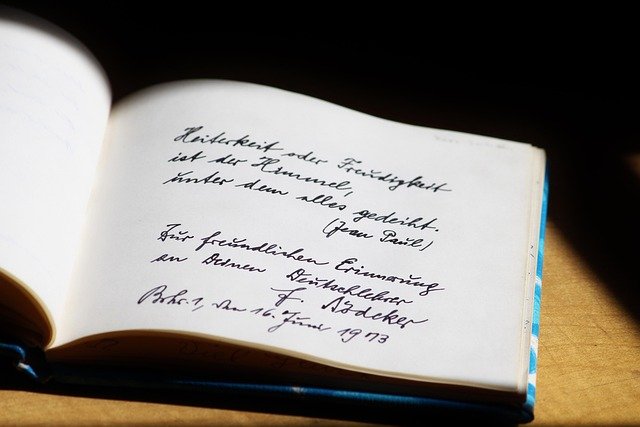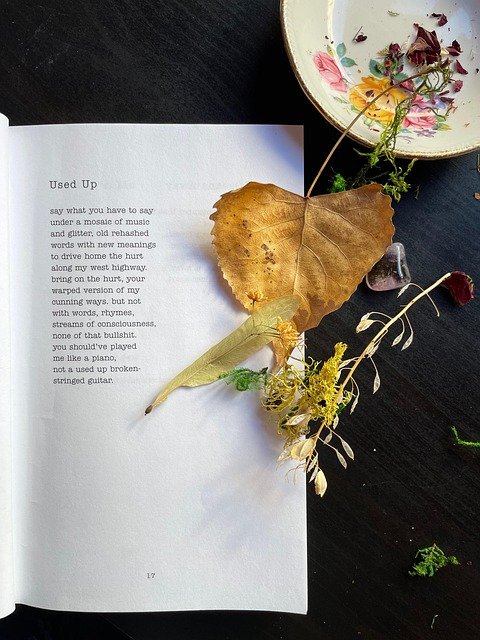Are you a newbie just starting your poem-writing journey, or have written a few poems, but feel there is still room for improvement? To feel confident enough to publish your poetry online, understand what goes into writing a good poem. We have a framework for you to improve your poetry writing skills along with some additional tips.
A guideline for you to start writing good poetry
- Continuously read the work of good poets
To create good art, constantly seek inspiration. Before you randomly start writing on paper, read poems of famous poets that resonate with you. Understand their writing style, sense of rhythm and other details. But never blindly copy anyone’s writing style or pattern. Take inspiration and use your creative mind to find your unique expression.
- Follow poetry pages on socials and poetry journals
Seeking creative inspiration should not be limited to reading the work of popular poets. Some brilliant poetry pages on Instagram can give you a lot of ideas and fill up your creative cup. You can even follow online poetry websites, to get a better idea of how to write a good poem.
- Start somewhere
One of the biggest killers of creating good art is procrastination. It is quite possible that you get stuck at the research stage and never actually end up writing a poem. So, once you have read a few poems, sit in a quiet space and jot down the ideas coming to you. Ask yourself questions like, “What do you want to tell your readers through your poem?”, “what will be the form and structure of your poem?” and other basic stuff.
- Write what comes to your mind
Have you heard the phrase, “Perfection is the enemy of action?” So don’t bother too much about finding the perfect words, structure or rhythm the first time you start writing. Just write what comes to your mind and go with the flow. It takes several drafts to finally have your “perfect poem” on paper. Write an outline even though your sentences are not in great sync. After you have written the first draft, leave it for a few hours. Once you resume writing, you will automatically get ideas on which sentences you can frame better, which words you can replace with better synonyms, and which words and sentences you should eliminate or add.
- Edit ruthlessly
After a day’s gap of writing your poetry, be critical of your poem and start finding flaws. Is there a sense of flow missing? Have you been able to paint a strong picture through your words? Do you think your poem will emotionally resonate with the audience? Have you used poetic elements like metaphors, smileys etc., effectively in your poem? Point out as many flaws as you can and fix them. You can use AI software like Grammarly to correct all punctuations and eliminate fluff words.
- Seek feedback
Send your poem to your friends, family, and colleagues and ask them to give you honest feedback. If you have an online community, you can post it there to get opinions. Filter out the ones you find genuine and work on them.
Writing poetry is a skill that gets refined with the more pieces you write. There is no “secret formula” or “strategy” to help you craft a perfect poem. It will naturally come to you only through learning and experience. Once you think you are ready to publish your poetry online, you can send your submission to our website Poeticia.
Featured Image Credit: Hobim from Pixabay.com











